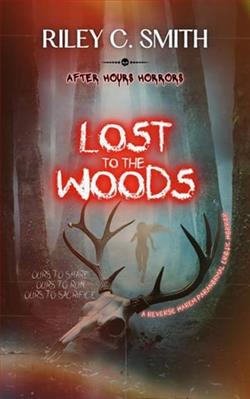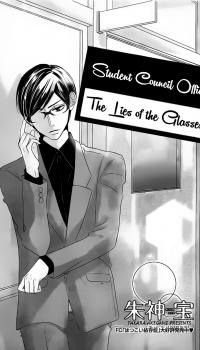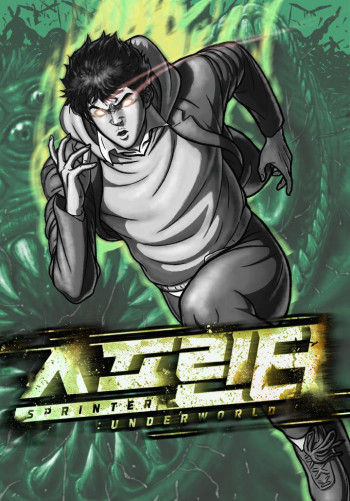Martial Peak Reviews
Riley C. Smith's Lost to the Woods is a gripping exploration of fear, identity, and the haunting allure of the unknown. Set against the eerie backdrop of the Appalachian Mountains, the novel delves into the world of horror content creators, a niche yet burgeoning community that thrives on the adrenaline of fear and the thrill of the supernatural. Smith's narrative is a chilling reminder of the thin line between reality and the stories we tell ourselves, and it masterfully intertwines elements of horror, suspense, and psychological drama.
The premise of the novel is both intriguing and timely. In an age where social media influencers wield significant power and influence, the protagonist—a social media influencer herself—embarks on a journey that quickly spirals out of control. Her character is meticulously crafted, embodying the duality of modern-day influencers: the polished, curated image presented to the world, and the vulnerable, often insecure individual behind the screen. Smith's portrayal of this duality is both empathetic and critical, offering readers a nuanced perspective on the pressures and pitfalls of living life in the public eye.
The novel's central theme revolves around the concept of perception versus reality. The influencer's encounter with a hive mind pack of cryptids serves as a metaphor for the dangers of losing oneself in the pursuit of validation and fame. These cryptids, driven by a singular obsession, are not just physical manifestations of horror but also symbolic of the protagonist's internal struggles. The cryptids' hive mind mentality reflects the often overwhelming nature of social media, where individuality is subsumed by the collective consciousness of likes, shares, and comments.
Smith's writing is both evocative and immersive, drawing readers into the dense, foreboding atmosphere of the Appalachian wilderness. The mountains themselves become a character in the story, their haunting presence looming over the narrative and adding an extra layer of tension. The author's use of vivid imagery and sensory details enhances the sense of dread, making the reader feel as though they are right there with the characters, experiencing every rustle of leaves and every shadowy figure lurking in the darkness.
Character development is one of the novel's strongest points. The protagonist's journey from a confident, albeit superficial, influencer to a vulnerable, introspective individual is both compelling and believable. Her interactions with the cryptids and the ghost of her past serve as catalysts for her transformation, forcing her to confront her fears and insecurities. Smith skillfully weaves elements of the supernatural with psychological realism, creating a protagonist who is both relatable and complex.
The supporting characters, though not as deeply explored, add depth to the story. Each member of the horror content creator group brings their own unique perspective and personality, contributing to the novel's rich tapestry of voices. Their dynamics and interactions provide moments of levity and tension, balancing the novel's darker themes with humor and camaraderie.
One of the novel's most intriguing aspects is its exploration of revenge and its consequences. The cryptids' monstrous desire for revenge, carefully fed to them by a ghost from the protagonist's past, serves as a cautionary tale about the destructive power of unresolved grievances. Smith delves into the psychology of revenge, examining how it can consume and transform individuals, turning them into something unrecognizable. This theme is particularly resonant in today's world, where grudges and vendettas can easily be amplified and perpetuated through digital platforms.
In comparison to other works in the horror genre, Lost to the Woods stands out for its unique blend of supernatural horror and psychological drama. While it shares thematic similarities with novels like Stephen King's The Shining—particularly in its exploration of isolation and the supernatural—it carves out its own niche by focusing on the intersection of horror and social media culture. Smith's novel also echoes elements of Shirley Jackson's The Haunting of Hill House, with its emphasis on the psychological impact of fear and the unknown.
Overall, Lost to the Woods is a thought-provoking and chilling read that will appeal to fans of horror and psychological thrillers alike. Riley C. Smith has crafted a story that is both entertaining and reflective, offering readers a fresh take on the genre while addressing contemporary issues of identity, perception, and the consequences of our digital lives. The novel's haunting atmosphere, complex characters, and compelling themes make it a standout addition to the world of horror literature.
For those seeking a story that goes beyond mere scares and delves into the intricacies of the human psyche, Lost to the Woods is a must-read. It is a testament to Smith's skill as a storyteller and a reminder of the enduring power of horror to illuminate the darkest corners of our minds.
























Reviews 0
Post a Reviews: